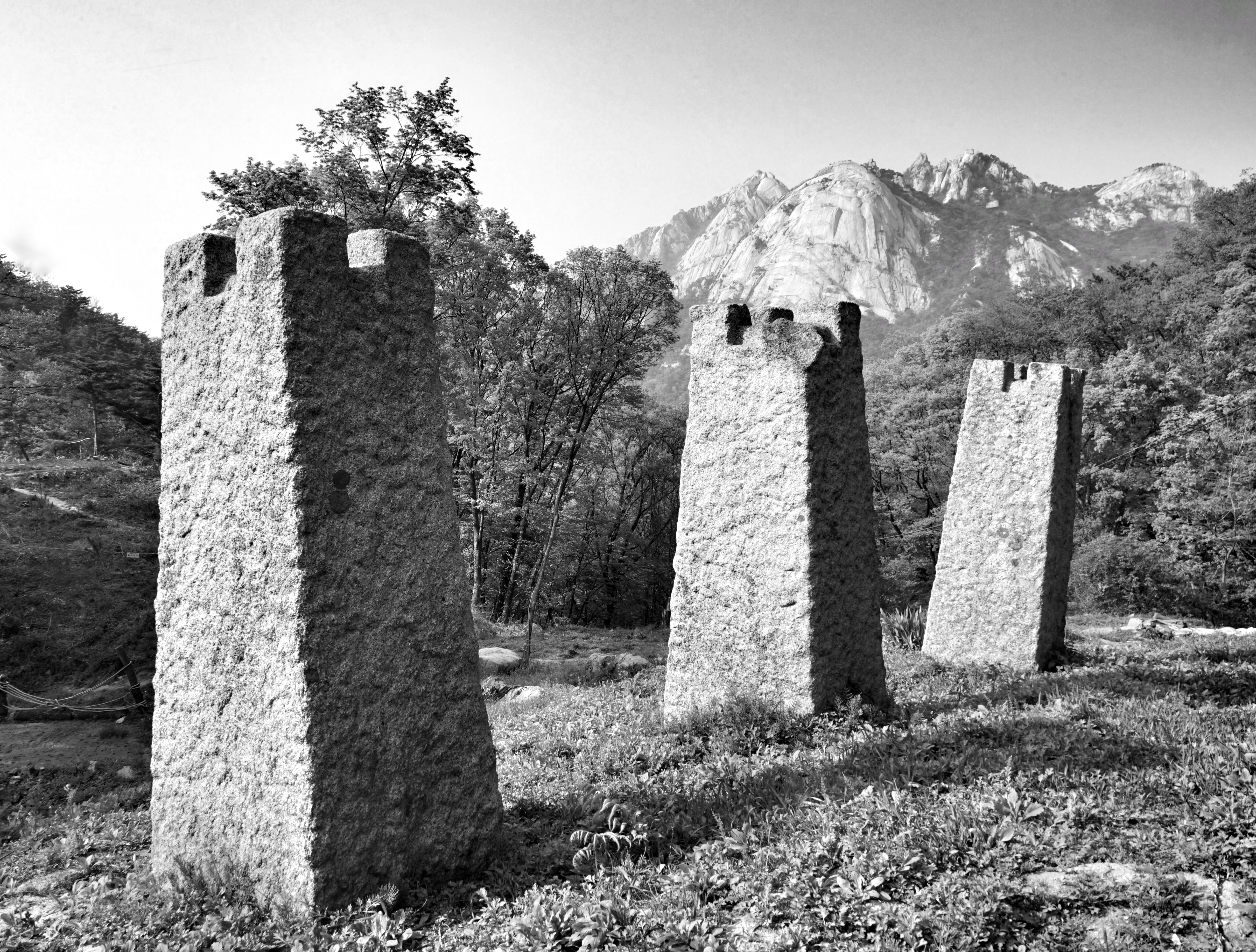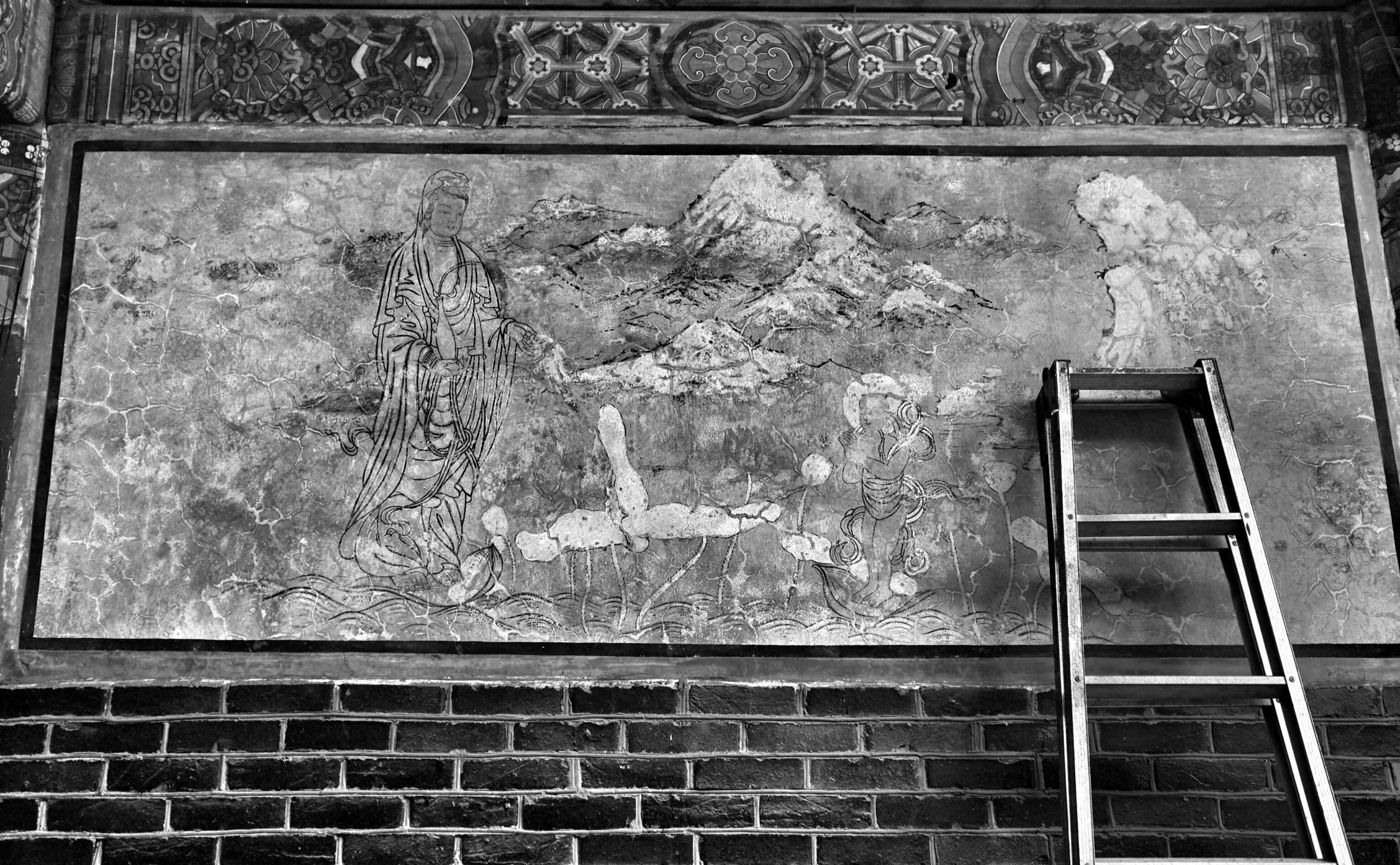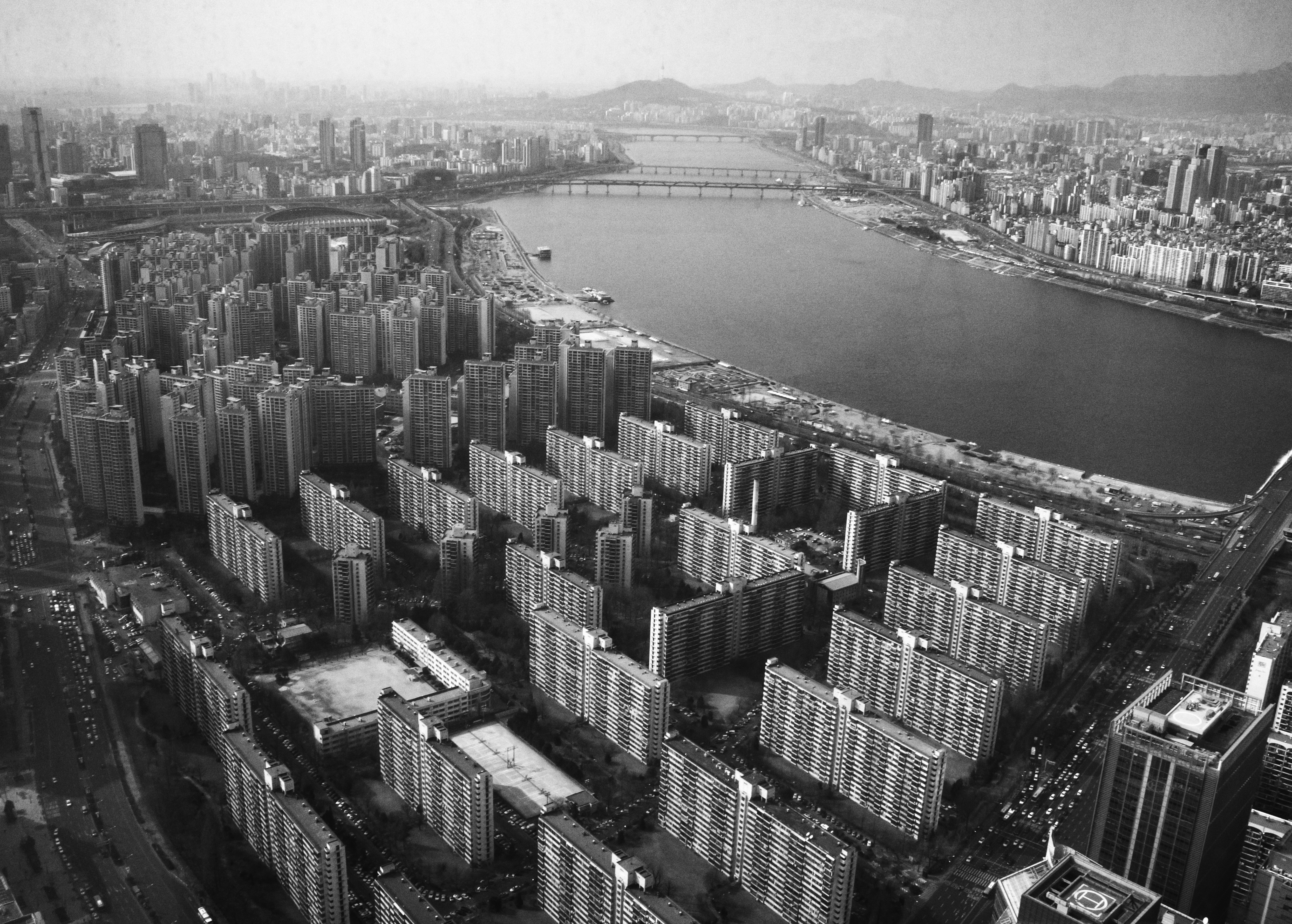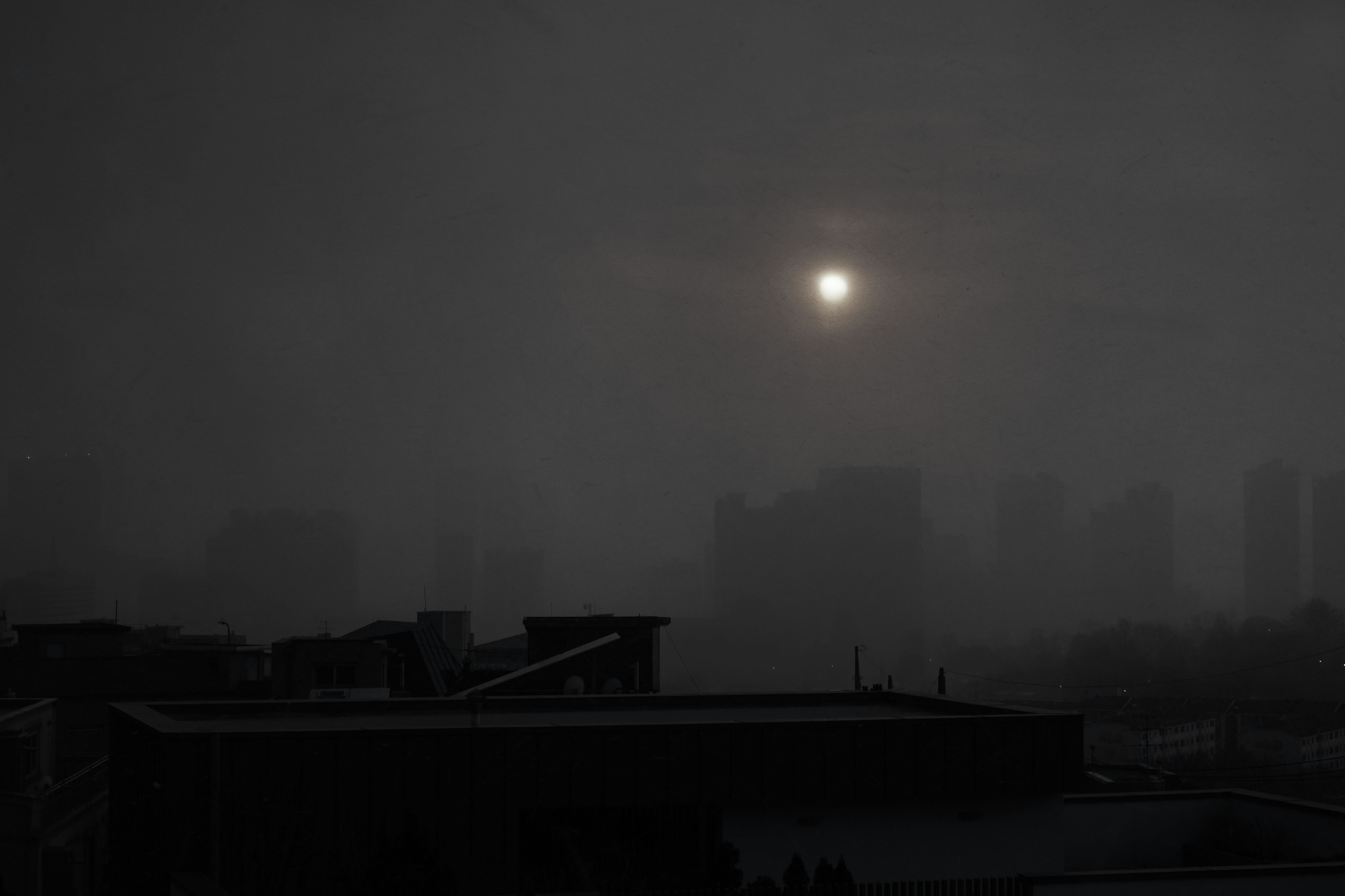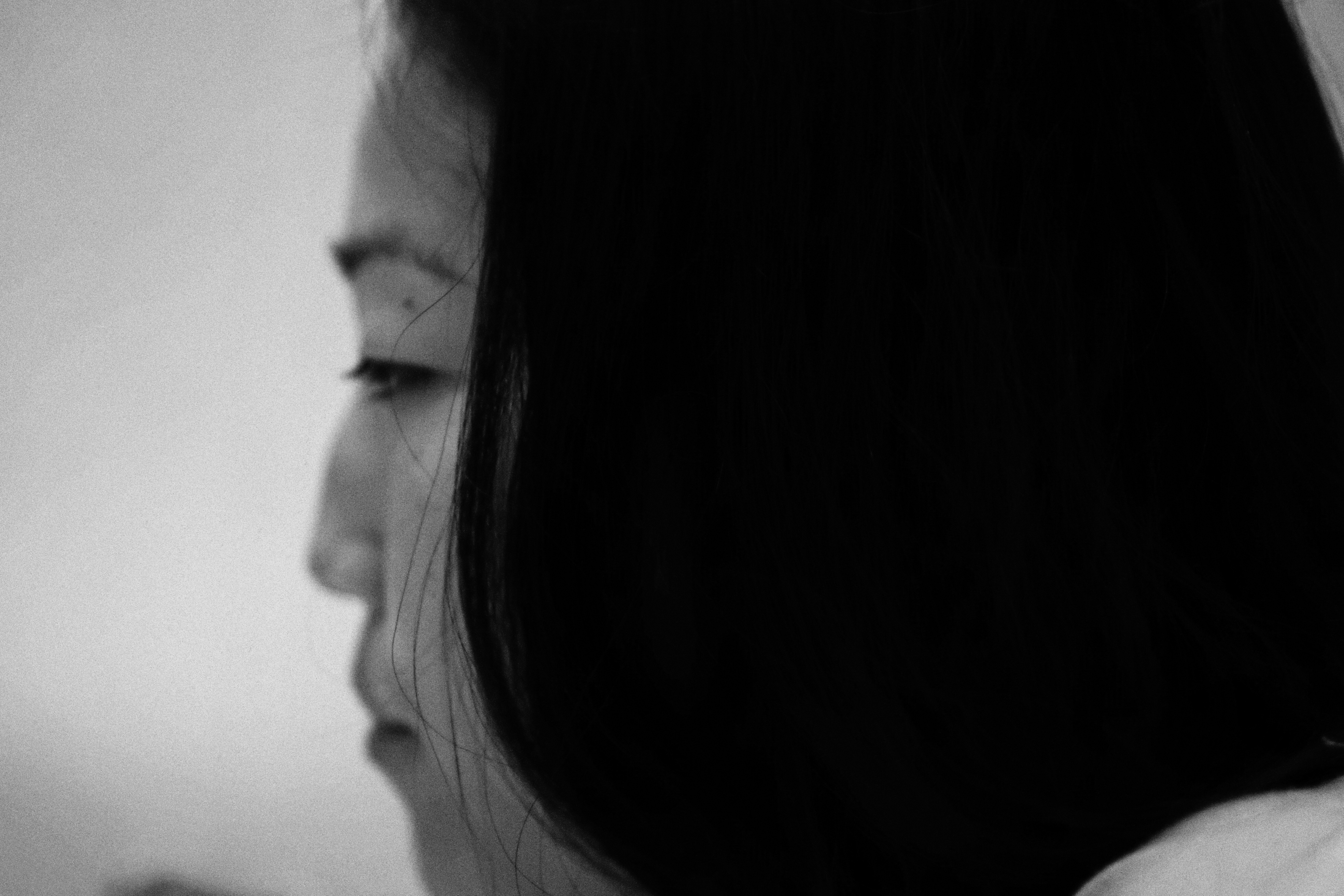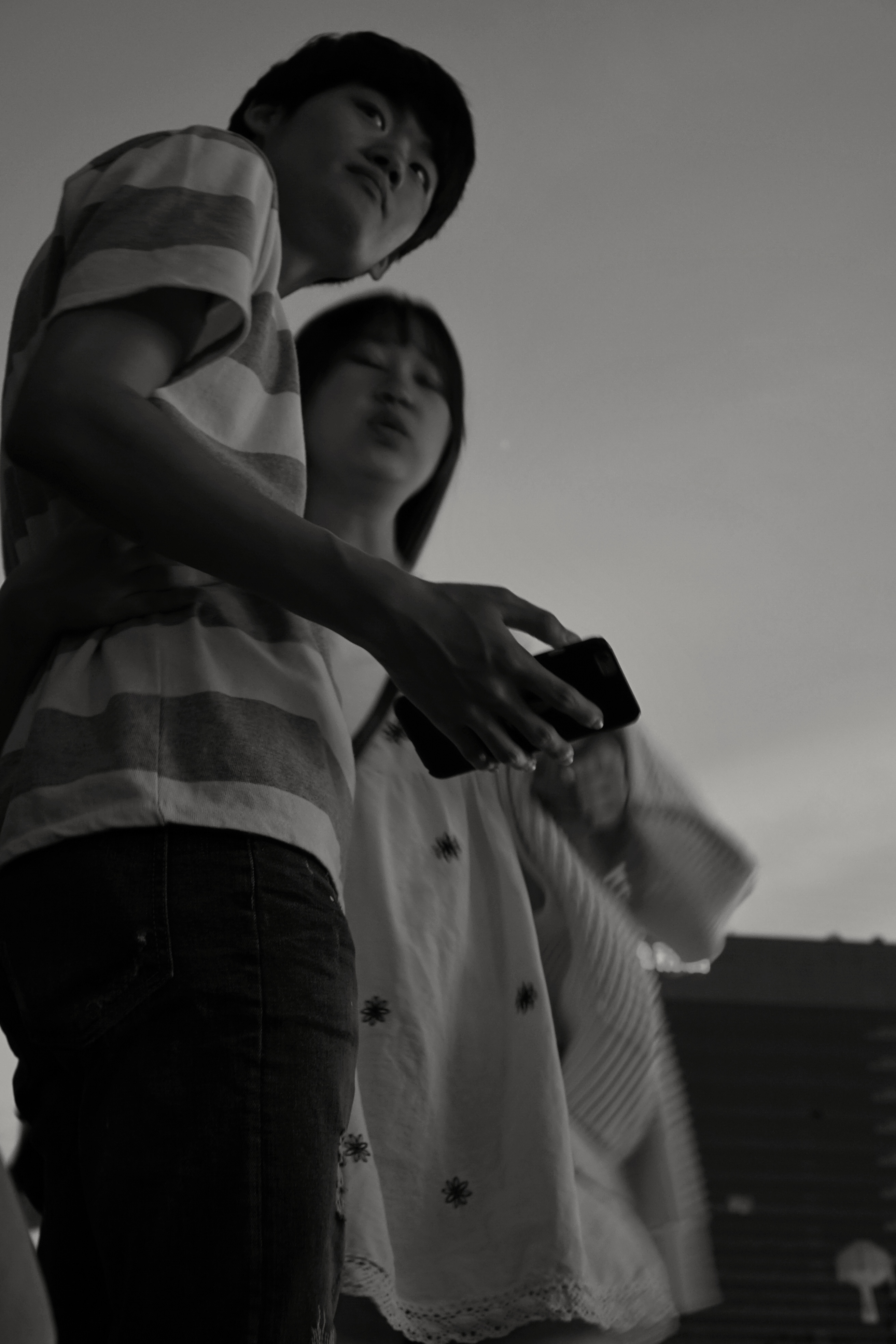Seúl es una ciudad de casi 24 millones de personas fundada en el siglo X antes de cristo. La ciudad es un ser vivo lleno de contradicciones y contrastes que la convierten en una metáfora moderna de lo que Baumann llama la “sociedad líquida” representativa del siglo XXI. Esta es una comunidad en la que la identidad se encuentra en constante cambio, generando en ocasiones certidumbres pero también un grado mayor de ansiedad e inseguridad en sus habitantes.
Ya el filósofo surcoreano Byung-Chul Han nos habla de una ‘sociedad de la transparencia’ en nuestra realidad contemporánea. Una sociedad en la que el secreto, la confianza y la privacidad van desapareciendo en favor de la publicidad y la pornografía. Una sociedad de mercado donde los ciudadanos a través del ´big data´ se han convertido en mercancías de forma voluntaria pero inconsciente. Un sistema que impone una obligación casi sagrada de desnudez a través de las redes sociales y donde la privacidad y el secreto se ven con recelo y crítica.
Seúl es un preciso reflejo de una sociedad liberal y democrática de consumidores tecnológicos que habitan una arquitectura moderna y vanguardista cohesionada con una ética competitiva e individualista heredera de la presencia occidental. Y al mismo tiempo, sigue siendo una comunidad anclada en los valores tradicionales conservadores heredados del confucianismo y el budismo con raíces chamánicas que fomentan el respeto a la naturaleza, la familia, la privacidad y el sentido de pertenencia. Quizá un contraste no muy diferente de aquel Nueva York que se encontró Berenice Abbot en plena transformación de la sociedad preindustrial a la modernidad.
La metrópoli como espejo distorsionado de esta dicotomía, a veces en armonía y la mayoría de ocasiones en conflicto.
Seoul is a city of almost 24 million people founded in 18BC. The city is a living being full of contradictions and contrasts that turn it into a precise metaphor of what Baumann call the 'liquid society' representative of the 21st century. A society in which identity is constantly fluid, generating some certainty but specially an unprecedented anxiety and insecurity.
The South Korean philosopher Byung-Chul Han talks about a
́society of transparency ́ . A society in which secrecy, trust and privacy have disappeared in pursuit of advertising and pornography. A Neoliberal market societ where citizens through big data have become commodities voluntarily. A system that imposes an almost sacred obligation of nakedness through social networks and where privacy and secrecy is seen with suspicion and criticism.
Seoul is a true reflection of the current consumer society with a modern and avant-garde architecture and a competitive and individualistic ethic influenced by American Protestantism.
At the same time, it is still a community anchored in traditional values inherited from Confucianis and Buddhism with shamanic roots that foster the care for family, nature, privacy and the sense of belonging. This environment might be not so different from the time in which Benerice Abbot portraited the changes in New York and the American society.
Thus, the metropolis as a distorted mirror of this dichotomy, sometimes in harmony and most of the time in conflict.

